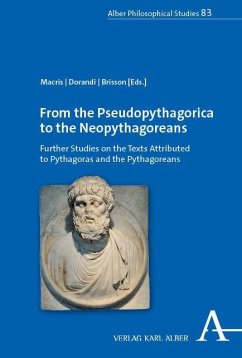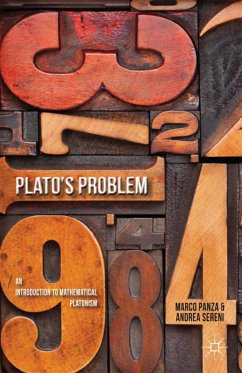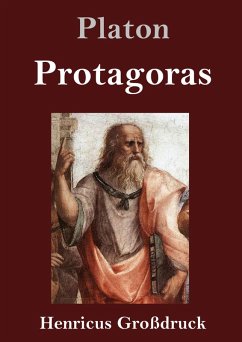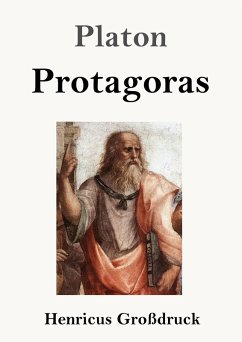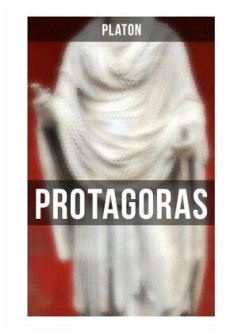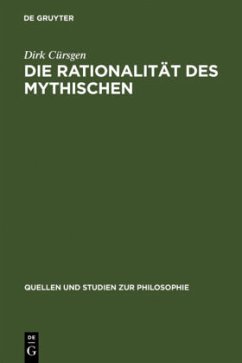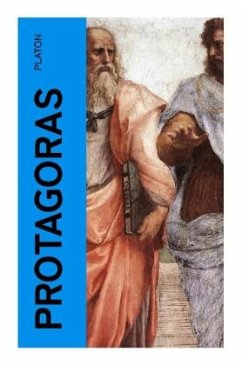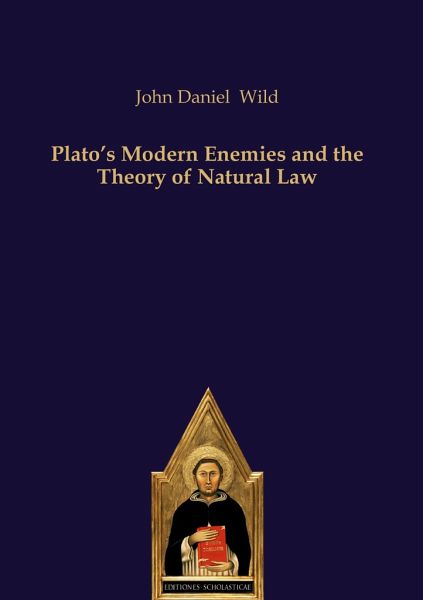
Plato's Modern Enemies and the Theory of Natural Law
Versandkostenfrei!
Versandfertig in 1-2 Wochen
69,00 €
inkl. MwSt.

PAYBACK Punkte
0 °P sammeln!
This book is the first extended attempt to explain Platös ethics of natural law, to place it accurately in the history of moral theory, and to defend it against the objections that it is totalitarian. Wild provides a clarification of Platös ethical doctrine and a defense of that doctrine based not only of his analysis of the dialogues but on the belief that Plato must acknowledged as the founder of the Western tradition of natural law philosophy. The book begins with a presentation of the major objections raised against Plato by modern authors ¿ Toynbee, Karl Popper and others who have cond...
This book is the first extended attempt to explain Platös ethics of natural law, to place it accurately in the history of moral theory, and to defend it against the objections that it is totalitarian. Wild provides a clarification of Platös ethical doctrine and a defense of that doctrine based not only of his analysis of the dialogues but on the belief that Plato must acknowledged as the founder of the Western tradition of natural law philosophy. The book begins with a presentation of the major objections raised against Plato by modern authors ¿ Toynbee, Karl Popper and others who have condemned the so called totalitarianism of Platös thought. Wild answers these objections point by point and with a wealth of evidence taken from Platös own arguments. He then presents a historical study of the ethics of natural law, defining the theory and showing through an examination of relevant dialogues that Plato held such a theory. The work concludes with a systematic study of his realistic ethics and its bearing on contemporary problems.



